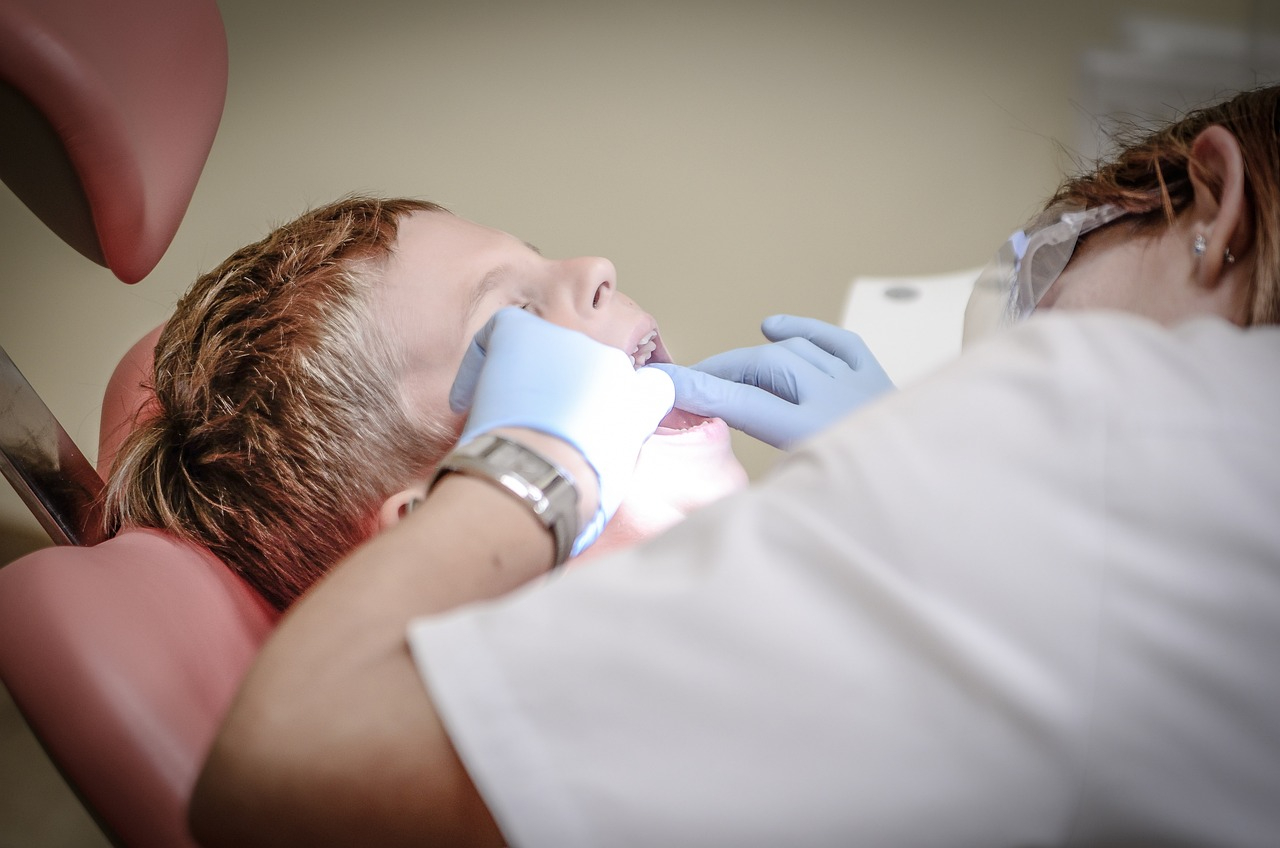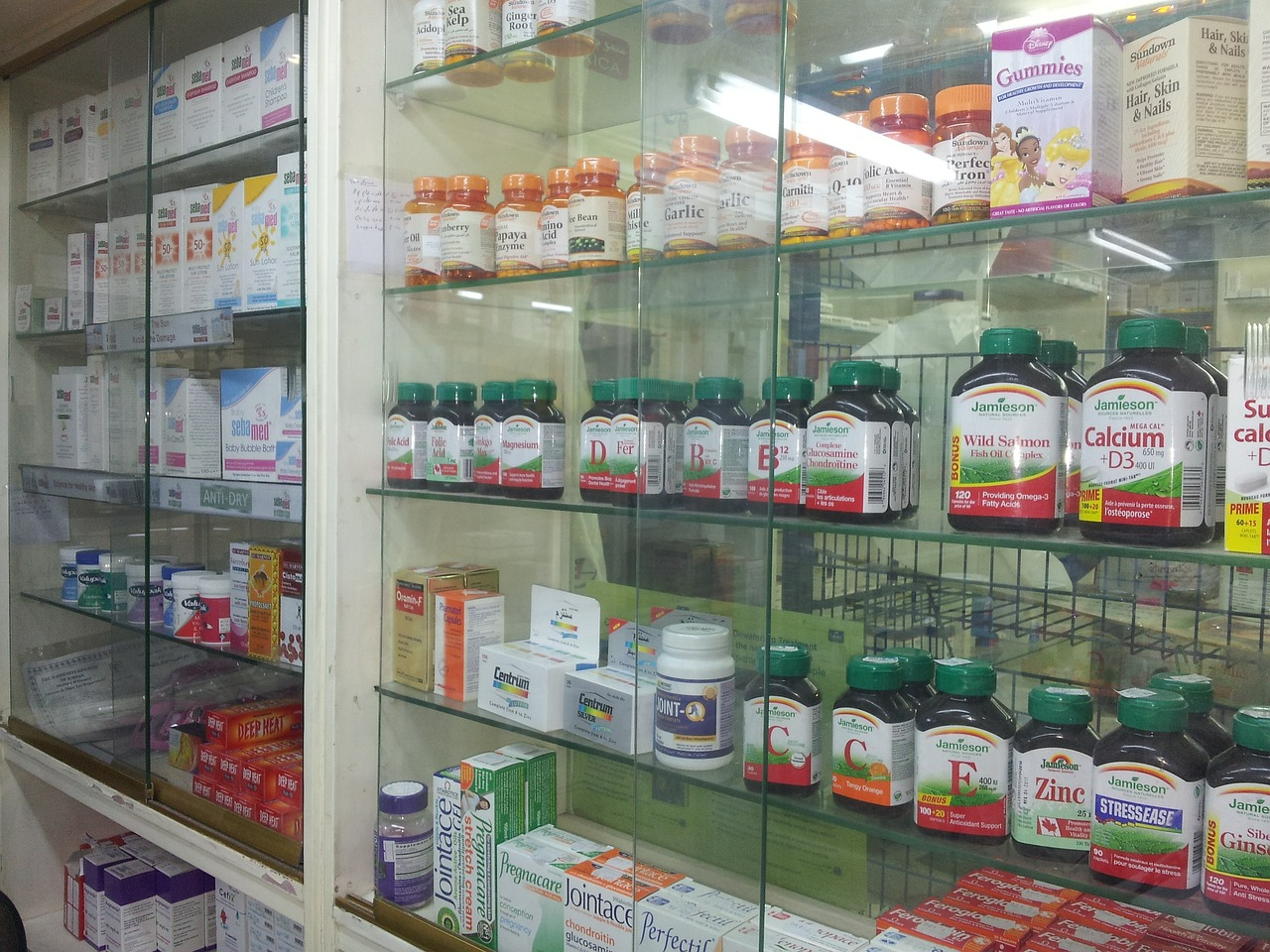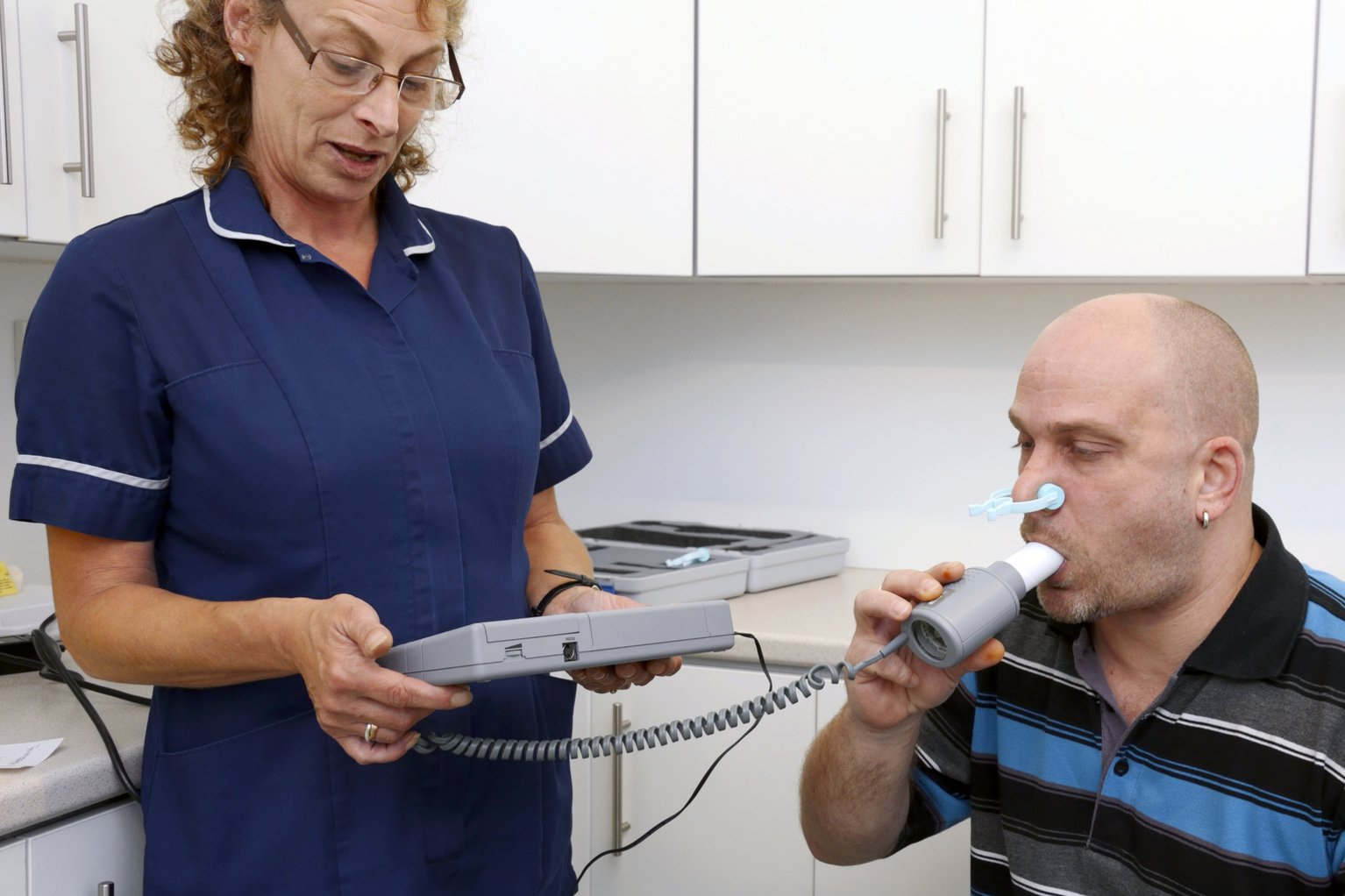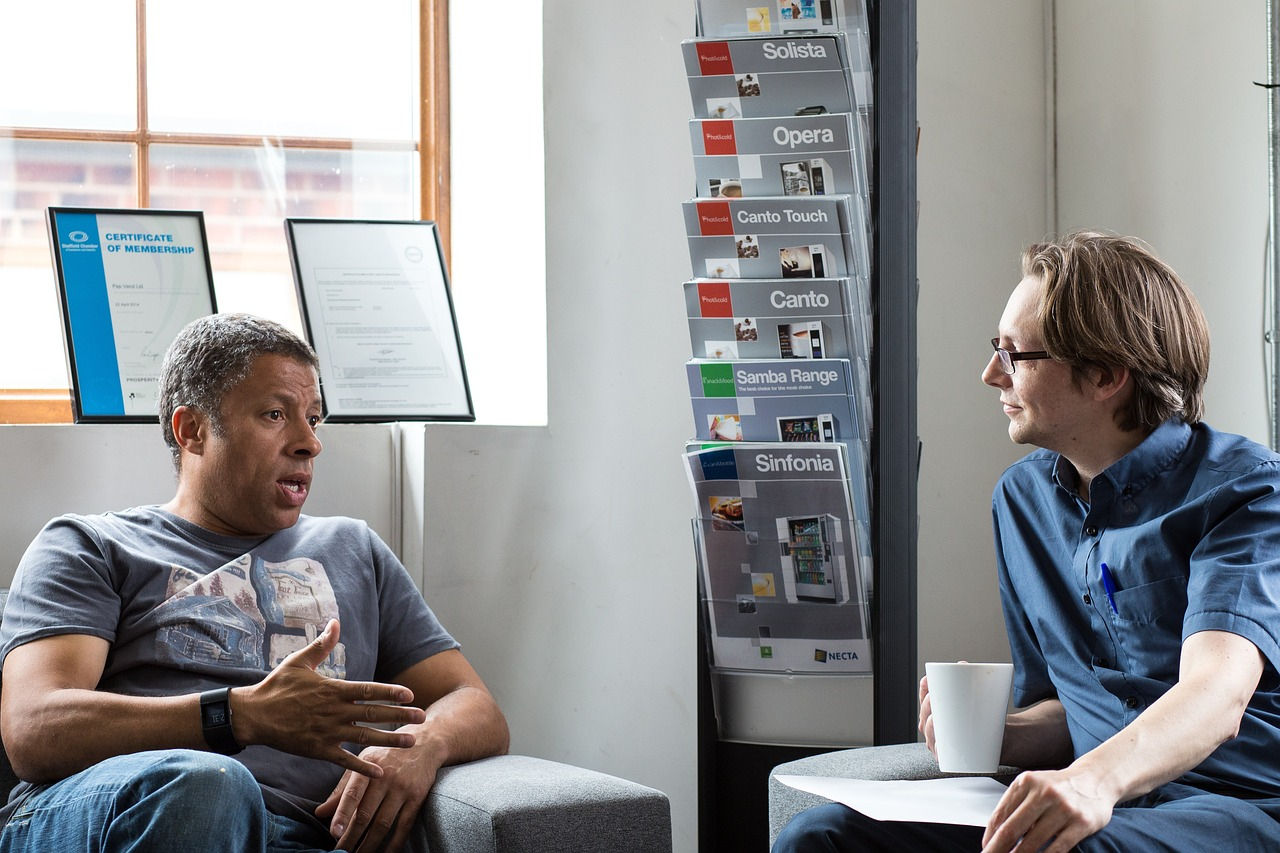Welcome
Welcome to the February edition of the NHS South Yorkshire Primary Care Bulletin.
In this edition we cover the Dental Recovery Plan, the Pharmacy First scheme, Jewish BRCA testing programme information as well as some training opportunities. There is also a survey asking for your feedback on the Bulletin so we would really appreciate it if you could let us know your thoughts and if there is anything else you would like to see included in the future.
As you will know we are entering another challenging period after the BMA announced industrial action for five days at the end of the month. The ICB has been taking a leading role in coordinating our system response to that and our comms team have been working with partners to coordinate messages for the public and patients.
Dr David Crichton Chief Medical Officer, NHS South Yorkshire
Dr Andy Hilton, Chair, NHS South Yorkshire Primary Care Alliance

Dr David Crichton Dr Andy Hilton
Tell us what you think about our Primary Care Bulletin
 We are conducting a brief survey to help us improve the way we communicate and engage with you via our NHS South Yorkshire Primary Care Bulletin.
We are conducting a brief survey to help us improve the way we communicate and engage with you via our NHS South Yorkshire Primary Care Bulletin.
Your feedback is really important to us to help us shape future bulletins. This survey will only take a couple of minutes to complete.
Thank you for taking the time to complete the survey which you can access by following this link - https://re-url.uk/W9Y5
NEWS UPDATES
Dental Recovery Plan
 As you will know NHS South Yorkshire became responsible for the commissioning of NHS dentistry services, as well as community pharmacy and community optometry, across our system from 1 April last year.
As you will know NHS South Yorkshire became responsible for the commissioning of NHS dentistry services, as well as community pharmacy and community optometry, across our system from 1 April last year.
This month there was a significant announcement on reforming the way NHS dentistry works as NHS England and Department for Health and Social Care (DHSC) launched their Dental Recovery Plan.
This is an important next step in improving patient access to NHS dental care and supporting dental services to return to pre-pandemic levels of activity.
The plan announces a range of public health initiatives to improve the oral health of children and recommits to the workforce growth and development outlined in the Long Term Workforce Plan.
You can read the Dental Recovery Plan and letter here NHS England » Faster, simpler and fairer: our plan to recover and reform NHS dentistry.
Practice Support
Pharmacy First Service Launches
 As practices will be aware following the letter earlier this month, the Pharmacy First service has now launched across England. Please find below information to support this.
As practices will be aware following the letter earlier this month, the Pharmacy First service has now launched across England. Please find below information to support this.
Referrals to community pharmacies
Practices should continue to refer appropriate patients to the new service, following the same process as for Community Pharmacy Consultation service (CPCS). Practices are responsible for clinical governance relating to referrals made into Pharmacy First.
Following a formal referral to the pharmacy, the patient should be advised to contact the pharmacy and that the pharmacist will be expecting the patient to make contact that day or when the pharmacy is next open.
Referrals back to general practice
In line with routine practice, there will be a small number of referrals that the pharmacy will need to escalate to a higher acuity setting or back to the general practice. The process for referring back to the practice should be agreed locally.
Updating the patient record
For the first few weeks of the new Pharmacy First service, consultation outcomes will flow back to practices like CPCS currently does via NHS Mail. Practices should continue to follow the usual process for reviewing and updating the patient record during this time.
As part of our ongoing drive to reduce burdens in practices, we have worked with suppliers to redesign how pharmacy consultation outcomes are shared back to practices. The proposed updates to the record will surface directly in workflows, enabling practice staff to more easily review Pharmacy First consultation outcomes (including notes and any medicines provided) and add data to the patient record with one click of a button. These changes will automatically roll out through your GP clinical system supplier throughout February. User guides are available from EMIS and TPP.
Pharmacies will not use the update record process to communicate urgent information or actions for the GP. Pharmacy staff will continue directly contacting the practice to raise awareness of any urgent information or actions.
Pharmacies’ access to the patient record
There is currently no change to the patient information that pharmacies can access. Alongside the enhancements we are making to update the record, we are exploring how we can make it easier for pharmacists to have all the relevant health information they need to support consultations, as outlined in the Delivery Plan for Recovering Access to Primary Care. We will keep you and your professional representatives up to date as this progresses.
Pharmacists will continue to use the National Care Record Service (NCRS) and established processes to manage patients safely, where any additional information they need is gained from the patient in consultation, in line with the new clinical pathways for the conditions. They will exercise their clinical judgement on the appropriate course of action, including referral or escalation to other care settings.
Once the practice has added this to the patient record, details of any medication supplied as part of a Pharmacy First consultation will be available via NCRS. GPs and practice teams will continue to have discretion about how much information is added to the patient record. Once the new update record functionality is in place over the coming weeks, this will speed up the filing of messages and the surfacing of medicines information in NCRS.
Antimicrobial Stewardship
This service has been designed with antimicrobial stewardship being a key priority. Pharmacy teams have been using RCGP TARGET materials to discuss the issue of antimicrobial resistance with patients. Surveillance of antimicrobial supply will be closely monitored and scrutinised as this service is implemented.
Prescription charges
Normal prescription charge arrangements apply to supplies of NHS medicines made under a Patient Group Direction or clinical protocol. The pharmacist may recommend over-the-counter medicines for self-care of a minor illness. In this instance, the patient will need to purchase the medication.
Pharmacy First Service key local messages
-
98% of pharmacies across SY are signed up to provide the service.
-
You can find pharmacies providing the service via: NHS Service Finder
-
Good relationships between healthcare professionals will be a key factor to ensuring the service is a success. Please speak to your local pharmacies and practices to agree local processes for referring patients and managing those requiring escalations.
-
Pharmacy First is an extension of the previously commissioned Community Pharmacist Consultation Service (CPCS) practices should continue to refer patients and may want to consider expanding the patient cohorts referred over time as the service beds in/becomes business as usual for practices and pharmacies.
-
Referral data from practices will evidence that patients are actively being supported to access appropriate treatment, evidencing that general practices are supporting the Delivery Plan for Recovering Access to Primary Care.
-
For the service to be successful there needs to be good working relationships between practices and pharmacies to support patient behaviour change.
If your practice would like support setting up referrals into Pharmacy First (previously CPCS) or discussing referral options please contact: laura.richardson42@nhs.net
Pharmacy First Resources for General Practice
You can access all previous GP webinar recordings on Future NHS. If you are not already a member, you can register to join the platform by emailing P_C_N-manager@future.nhs.uk using an NHS or similar professional email address.
Recording of National GP Webinar 1st Feb 2024
Slides from National GP webinar 1st Feb 2024
Drop in Clinics - Do you have a query about Pharmacy First?
If you have any questions/queries about the service please come along to one of our local drop-in sessions.
You do not need to register to attend, simply drop in to one of our clinics listed using the links provided.
The drop-in clinics are for anyone working in South Yorkshire who may be involved in Pharmacy First. We are actively encouraging any member of the GP practice team to drop in to one of these sessions to ask any questions you have.
Thursday 22nd February 2024
- 1pm – 2pm – Click here to join
- 7pm – 8pm – Click here to join
Thursday 29th February 2024
- 1pm – 2pm – Click here to join
- 7pm – 8pm – Click here to join
NHS Jewish BRCA Testing Programme
 On 30 January 2023, NHS England launched a three-year programme to offer genetic testing for BRCA mutations to men and women over 18 years old with Jewish ancestry (at least one Jewish grandparent) in England.
On 30 January 2023, NHS England launched a three-year programme to offer genetic testing for BRCA mutations to men and women over 18 years old with Jewish ancestry (at least one Jewish grandparent) in England.
If anyone presents to primary care with questions about the programme, they should be given the link to the information page where they can register for a test, and advised they can call the genetic counselling hotline directly for support: 020 3437 6001 (the hotline is open Monday to Friday, 9:00am to 5:00pm, with extended hours to 7:00pm on Wednesdays).
Direct-to-consumer point-of-care in vitro diagnostic devices for group A streptococcal infections
 The following document provides consensus best practice principles to support clinician-led decision making when assessing patients with sore throat who present with a direct-to-consumer point-of-care in vitro diagnostic device (POC-IVDD) result for group A streptococcus (GAS). It will also aid subsequent management conversations with the patient or their caregiver.
The following document provides consensus best practice principles to support clinician-led decision making when assessing patients with sore throat who present with a direct-to-consumer point-of-care in vitro diagnostic device (POC-IVDD) result for group A streptococcus (GAS). It will also aid subsequent management conversations with the patient or their caregiver.
These principles were developed by the NHS England Diagnostics Board and the UK Health Security Agency (UKHSA) and include representation from academic and frontline clinicians across primary and secondary care settings. These principles are endorsed by the British Infection Association and the Royal College of General Practitioners. The National Institute for Health and Care Excellence (NICE) is aware of the development of these principles.
Direct-to-consumer point-of-care in vitro diagnostic devices for group A streptococcal infections: https://www.england.nhs.uk/long-read/direct-to-consumer-point-of-care-in-vitro-diagnostic-devices-for-group-a-streptococcal-infections/
ARTP Lapsed Spirometry Certificates
 The ARTP Spirometry Committee are aware that a number of candidates did not renew their ARTP Spirometry Certificate for a variety of reasons, mostly due to the uncertainty of Spirometry and the high workload many have faced with what has been, a very difficult time. Therefore, the ARTP Spirometry Committee have updated the renewal process to make it possible for candidates to get back on to the National Spirometry Register.
The ARTP Spirometry Committee are aware that a number of candidates did not renew their ARTP Spirometry Certificate for a variety of reasons, mostly due to the uncertainty of Spirometry and the high workload many have faced with what has been, a very difficult time. Therefore, the ARTP Spirometry Committee have updated the renewal process to make it possible for candidates to get back on to the National Spirometry Register.
With immediate effect, the following process for renewal of lapsed ARTP Spirometry Certificates will be:
Lapsed for up to 1 year
If you missed the renewal window, your online renewal option will be closed. You can however, still renew your certificate up to 1 year after your certificate expires by paying a renewal fee of £40 along with a £10 late fee. This will extend your certificate's expiry date by 12 months (the extension is not based on your payment date).
Lapsed 1 – 3 years
If your certificate has lapsed for 1 year but less than 3 years, you may renew by completing a condensed portfolio (and MCQ for Reporting levels) for a fee of £125.
Lapsed 3 years or more
Unfortunately, if your certificate has lapsed for a period of 3 years or more, you will not be eligible for renewal of your ARTP Spirometry Certificate. In this case, you will need to undertake the Spirometry Certificate again as if you were a new candidate
If you have already enrolled to undertake the spirometry certificate again and your certificate lapsed less than 3 years ago, please state on the form below.
If you hold an ARTP Spirometry Certificate and you would like to renew your lapsed certificate, please complete the application form below and ARTP Spirometry Administration will be in touch with how to proceed. Please feel free to share this with anyone you may know who has a lapsed spirometry certificate.
Please do not complete this form if you do not hold an ARTP Spirometry Certificate
Click here to express your interest in renewing your lapsed ARTP Spirometry Certificate.
Events and Training
SY Primary Care Workforce & Training Hub
 Please follow this link to training and webinars for practices.
Please follow this link to training and webinars for practices.
Managing difficult conversations
 This March, join Pancreatic Cancer UK for a free, two-part virtual event on managing difficult conversations on 14 and 21 March 2024 via Zoom.
This March, join Pancreatic Cancer UK for a free, two-part virtual event on managing difficult conversations on 14 and 21 March 2024 via Zoom.
-
In part one on 14 March, explore best practice when it comes to breaking bad news and opening up conversations around palliative care, end of life and support for dying well.
-
In part two on 21 March, explore how to open up and manage conversations around depression and anxiety, spirituality, sex and relationships, finance and talking to children about cancer.
These events are open to all health professionals who are responsible for having difficult conversations with their pancreatic cancer patients and their families, and will provide you with ideas, tips and techniques to best support them. Book your place now.
 Regional Renal Research Delivery Team meeting
Regional Renal Research Delivery Team meeting
The National Institute for Health Research (NIHR) are delighted to announce the first post-Covid face to face meeting for all delivery staff involved in Renal research across the Yorkshire and Humber region.
-
Monday 25 March 2024, 12.00 pm – 5.00 pm
-
The Circle, 33 Rockingham Street, Sheffield city centre
-
Lunch will be provided
The meeting will provide colleagues with the opportunity to share areas of good practice and also discuss any challenges and solutions for Renal research.
There will be lots of time for networking with colleagues and there will also be presentations from Renal delivery staff.
For further details please contact: Sarah Moll, Deputy Research Delivery Manager, LCRN, Y&H, (sarah.moll@nihr.ac.uk) or Louese Dunn, Renal Research Co-ordinator, louese.dunn@nhs.net.
Register using the link: https://www.trybooking.com/uk/CZHL